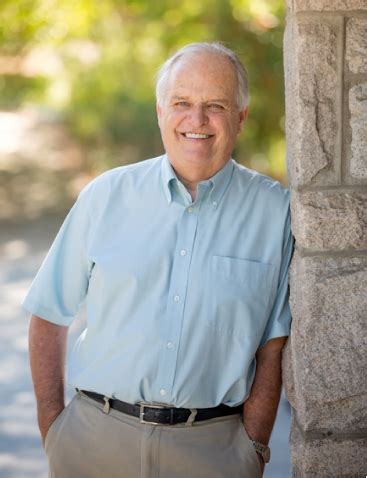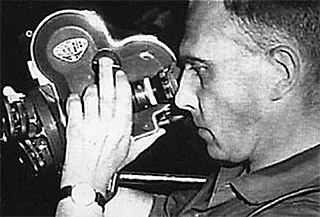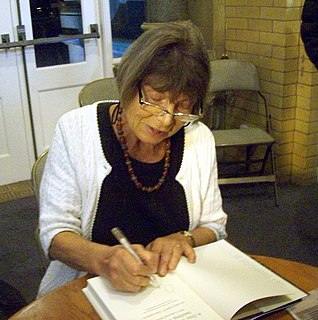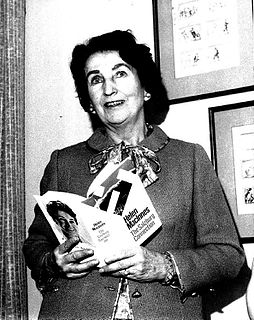A Quote by Timothy Levitch
Don't forget! That is to say: remember - because remembering is so much more a psychotic activity than forgetting.
Related Quotes
What made losing someone you loved bearable was not remembering but forgetting. Forgetting small things first... it's amazing how much you could forget, and everything you forgot made that person less alive inside you until you could finally endure it. After more time passed you could let yourself remember, even want to remember. But even then what you felt those first days could return and remind you the grief was still there, like old barbed wire embedded in a tree's heartwood.
Forgiving presupposes remembering. And it creates a forgetting not in the natural way we forget yesterday's weather, but in the way of the great "in spite of" that says: I forget although I remember. Without this kind of forgetting no human relationship can endure healthily. I don't refer to a solemn act of asking for and offering forgiveness. Such rituals as sometimes occur between parents and children, or friends, or man and wife, are often acts of moral arrogance on the one part and enforced humiliation on the other. But I speak of the lasting willingness to accept him who has hurt us.
in time of daffodils(who know the goal of living is to grow) forgetting why,remember how in time of lilacs who proclaim the aim of waking is to dream, remember so(forgetting seem) in time of roses(who amaze our now and here with paradise) forgetting if,remember yes in time of all sweet things beyond whatever mind may comprehend, remember seek(forgetting find) and in a mystery to be (when time from time shall set us free) forgetting me,remember me
Once we have forgiven, however, we get a new freedom to forget. This time forgetting is a sign of health; it is not a trick to avoid spiritual surgery. We can forget because we have been healed. But even if it is easier to forget after we forgive, we should not make forgetting a test of our forgiving. The test of forgiving lies with healing the lingering pain of the past, not with forgetting the past has ever happened.
Why do we not care to acknowledge them? The cattle, the body count. We still don't like to admit the war was even partly our fault because so many of our people died. A photograph on every mantlepiece. And all this mourning has veiled the truth. It's not so much lest we forget, as lest we remember. Because you should realise the Cenotaph and the Last Post and all that stuff is concerned, there's no better way of forgetting something than by commemorating it.
There is also evidence from epidemiological studies that psychotic-like experiences are much more common than has hitherto been thought (with about 10% of the population affected) and that these experiences exist on continua with healthy or 'normal' functioning: instead of the world falling into two groups (the psychotic and the non-psychotic) people vary in their disposition to psychosis and only a minority of people who have these experiences require or seek help.
Lord knows what incommunicable small terrors infants go through, unknown to all. We disregard them, we say they forget, because they have not the words to make us remember. ... By the time they learn to speak they have forgotten the details of their complaints, and so we never know. They forget so quickly, we say, because we cannot contemplate the fact that they never forget.




































